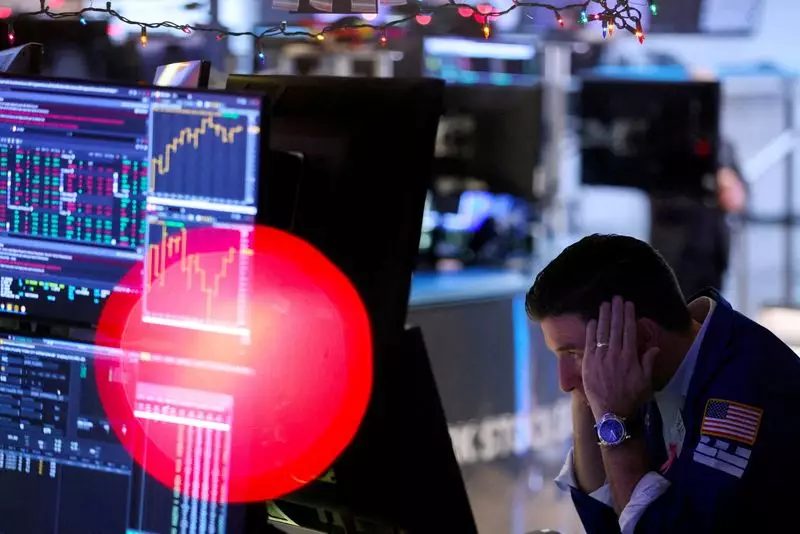In the ever-evolving landscape of global investments, the importance of diversification cannot be understated, particularly in the face of geopolitical conflicts such as the rising tensions in the Middle East. As suggested by financial analysts, including those from UBS, a well-structured investment strategy must prioritize asset allocation that minimizes exposure to any singular risk while capitalizing on broader market opportunities. This approach becomes crucial during times of uncertainty, as investors navigate potential market volatility arising from localized conflicts that hold the potential to disrupt global trade, especially in sensitive areas like energy supplies.
Evaluating Regional Impacts on Global Markets
While the current conflict between Israel and Hezbollah has understandably raised alarms regarding the stability of the region, its immediate ramifications on global markets seem to be relatively contained. Nevertheless, this state of calm could be precarious. Analysts warn that a further escalation involving major players such as Iran and the United States could lead to significant disruptions in oil supply routes, like the crucial Strait of Hormuz — a point of vulnerability for global energy supplies. Such disruptions are poised to trigger soaring oil prices, which could, in turn, create broader financial instability, prompting investors to reassess their holdings and risk exposure.
Given the aforementioned risks associated with energy supply disruptions, investors are encouraged to consider oil-related assets as a potential hedge against volatility. Although oil prices have maintained stability up to this point, experts caution that any substantial geopolitical disruption could result in Brent crude prices exceeding $100 per barrel for extended periods. This scenario underscores the need for preparedness in investment strategies.
Gold also emerges as a key asset worthy of attention, particularly during times of geopolitical unrest. With gold prices soaring nearly 30% this year, the metal has reasserted its status as a safe haven for investors. Factors such as anticipated U.S. Federal Reserve rate cuts, increased seasonal demand for jewelry, and ongoing central bank purchases contribute to the bullish outlook on gold. Thus, allocating a portion of investment capital to gold can provide a stabilizing force within diversified portfolios during periods of market uncertainty.
In light of market fluctuations, UBS analysts also emphasize an investment strategy that includes high-quality credit assets. These instruments tend to retain stability in the face of volatility, offering investors a sense of security as they navigate through uncertain waters. Meanwhile, the Israeli shekel’s depreciation resulting from the ongoing conflict could add additional pressure on the country’s fiscal outlook; however, investor strategies should remain focused on global economic indicators that extend beyond the regional turmoil.
The current geopolitical climate serves as a reminder of the inherent risks involved in investing. By embracing a diversified investment approach, maintaining exposure to energy and precious metals, and monitoring the performance of high-quality credit assets, investors can better position themselves to weather market storms. The ability to adapt and reallocate assets in response to geopolitical events will ultimately define successful investment strategies in an increasingly interconnected world.

